
Alexandra Franzen is one of my favorite writers on the planet. Her voice is relentlessly upbeat, incisive, and clear as a bell. She’s inspired and uplifted me countless times, whether she’s writing about how to say no, how to achieve a goal, how to become a better writer, or anything else.
So I was heartened when I saw she had a new book coming out called You’re Going to Survive. It came along at a time when I needed that exact message, badly: I’d just had my heart broken and was figuring out how to feel better and move forward. (I don’t know why I wrote that in the past tense. I’m still feeling that way, honestly.)
You’re Going to Survive is full of stories about real-life people and their real-life problems – and how they kept going, even when it seemed like they couldn’t possibly. In this book, authors, chefs, lawyers, musicians, web designers, and Broadway performers (among others) describe one of the worst moments in their entire career – moments when everything went catastrophically, heart-poundingly, mood-ruiningly wrong – and how they got through to the other side. Spoiler alert: they all survived their hardships. And you can survive yours, too.
I wrote to Alex to ask her a few questions about the wisdom of her book as it pertains to break-ups. Here’s what she had to say…
What are your best tips for surviving a break-up?
My last break-up was a little over four years ago. It was pretty intense. I’ve had about five major break-ups in total, including breaking off an engagement with my college sweetheart.
In the past, here are some things I’ve done after a break-up:
– Call a friend while hiding under my covers in bed.
– Cry until it feels like my eyes are going to fall out of my head.
– Write super intense poetry.
– Thwack a punching bag at the gym.
– Get a hair cut.
– Get my cash washed.
– Get a Tarot card reading.
– Get a new vibrator.
– De-clutter my home.
– Buy myself some flowers.
– Flirt with people just to remember what it feels like.
– Pack all of my possessions into the back of a VW beetle and move to another state.
Every person is different, and every break-up is different. So, I would say, do whatever you need to do. There are no rules.
Personally, I’ve tried to view each break-up as an opportunity to clear space in my life—both physically and emotionally. Bye, old clothes! Bye, old commitments on my calendar! It’s a new beginning.
We often hear that “time heals all wounds,” but is there any way to speed up the process?
There’s a woman named Christina Rasmussen who studies grief, loss, and reinvention. She’s written books on this topic. She says, “Time doesn’t heal. Action does.”
I totally agree. To heal and move onward, we can’t be stagnant. We have to take action.
After a break-up, I’ve found that really small action steps—like making my bed, or getting nice bath salts, or opening the window to let in some fresh air—can seriously improve my mood. Small, loving actions can make a big difference.

Any tips for dealing with feelings of unworthiness, undesirability, unloveability, etc. after a devastation like a break-up?
Once, I went through a break-up that totally rattled my ego. I felt like I wasn’t interesting or attractive enough to hold his attention. Even though I’d been the PERFECT girlfriend—I mean, I cleaned his entire damn house and bought groceries and tolerated his cat even though I’m seriously allergic!—somehow, it wasn’t enough and he wanted to date other women.
I was crushed. I felt so rejected and confused. I remember feeling like, “I want answers. I want him to explain why this didn’t work out. I need him to explain why I’m not enough. I need to hear this from him. That’s the only way I will feel ‘closure’.”
I told all of this to a friend of mine. She said to me, “But what if he never gives you the closure that you want? What if he can’t explain, or won’t explain, or refuses to meet up with you to talk? Is there some way that you could give a feeling of closure to yourself?”
I’ve never forgotten what she said. Because the reality is, with many break-ups, the other person can’t—or won’t—give you the answers that you crave, or the feeling of closure that you crave. You need to create that feeling by yourself, for yourself. This might mean doing a ritual (like burning old letters) or re-writing a story you’ve been telling yourself inside your head about what happened and why. Ultimately, the only person who can really give closure to you… is you.
Also, let us remember the wise words of Dita Von Teese: “You can be the ripest, juiciest peach in the world, and there’s still going to be somebody who hates peaches.”
It’s so true. Just because someone isn’t interested in being with you, that doesn’t mean you are undesirable! It just means you’re a delicious peach and they happen to want a banana or a pear. They’re allowed to have their preferences—just like you.
How can you be brave enough to “get back out there” when your heart’s been broken?
I know a woman who was single for a really, really long time. She was really frustrated, and she was beginning to wonder if she would ever meet someone.
One day, she got invited to meet up with a few people and have brunch. She was going to say “no,” because she’d already eaten breakfast that day. But she felt this funny intuitive feeling that urged her to go, so she decided, “OK, I guess I’ll go anyway even though I’m not hungry.”
She ended up meeting her husband at that brunch. It was totally unexpected and out of the blue. They’re madly in love and have the sweetest, most amazing relationship.
I think about my friend’s story a lot, especially when I’m feeling discouraged.
The truth is, whether you’re searching for love, or searching for something else, like a new job, the path to getting there might be really surprising and unexpected. A spontaneous gut decision—like getting brunch, taking a road trip, or making an online dating profile—might lead to something incredible. Personally, I feel “braver” when I remember that the possibilities are truly limitless, and today is always a mystery, and anything can happen.
So, get out there, and keep your eyes and ears and heart open, because who knows what tomorrow might bring? Or what today might bring? Today is not over yet!
What do you wish someone had told you after your last really awful break-up?
“Hey, guess what? You’re going to meet the love of your life about two months from now. Just hang in there. You won’t believe what’s coming next.”
Thanks so much to Alex for her words of wisdom! If you’re craving more, be sure to check out her website and preorder her new book, You’re Going to Survive. (And remember: you are going to survive.)


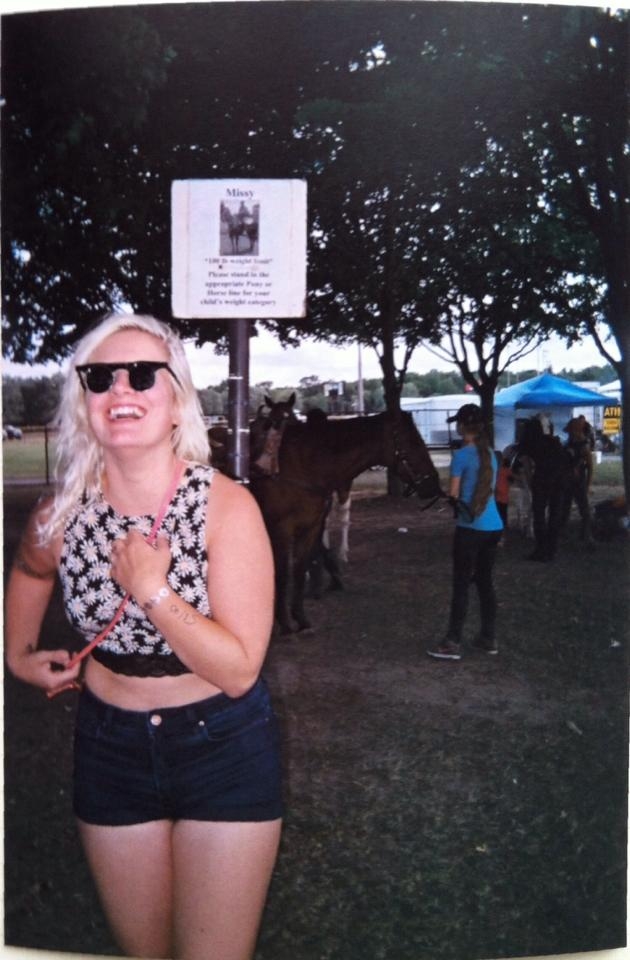
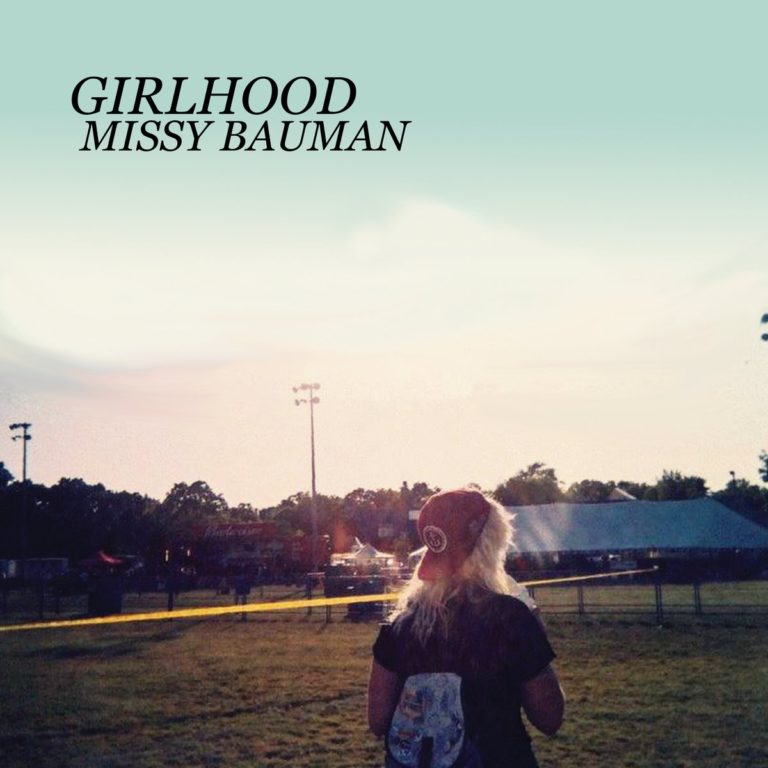


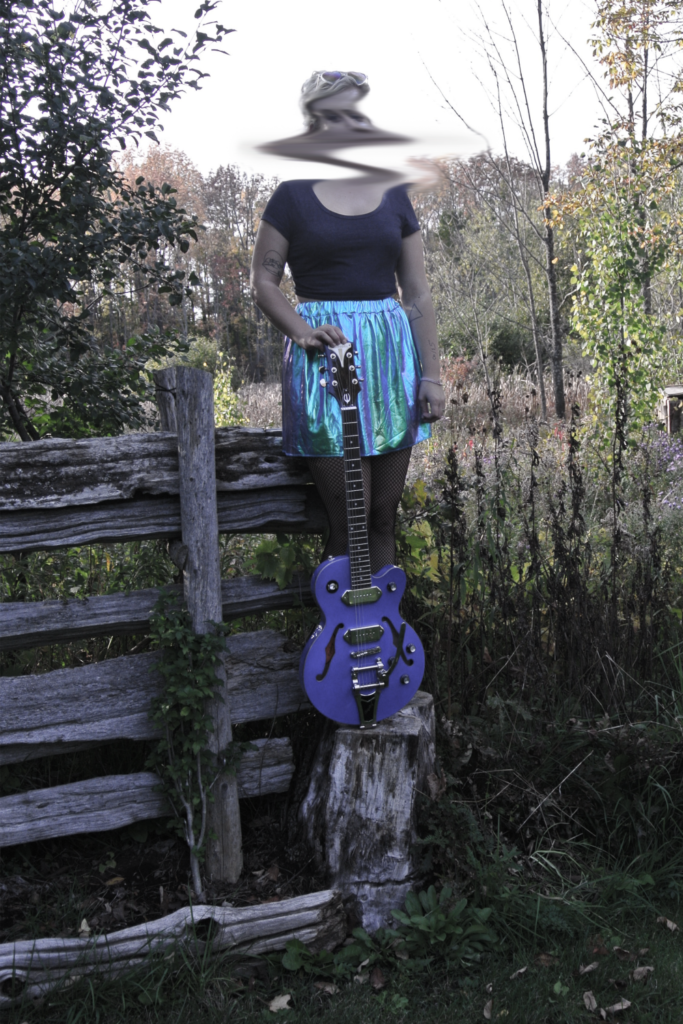
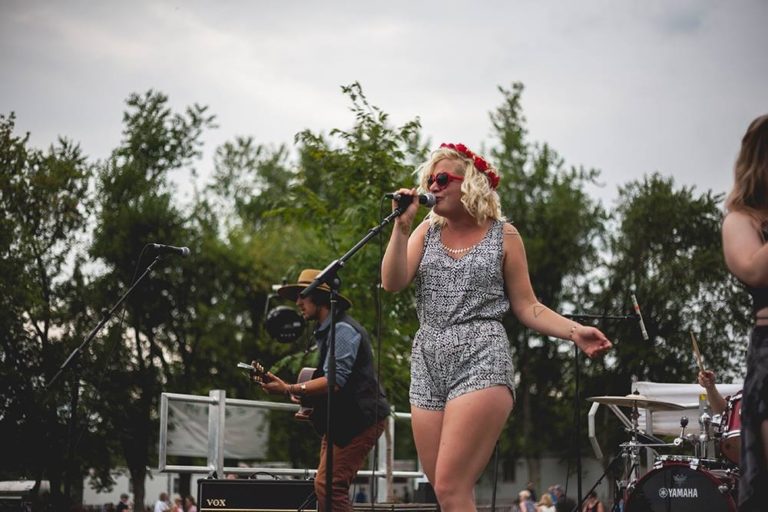
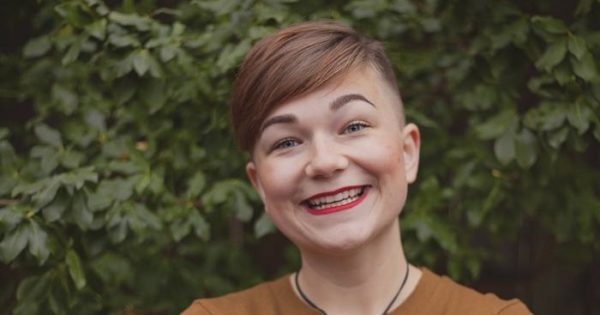
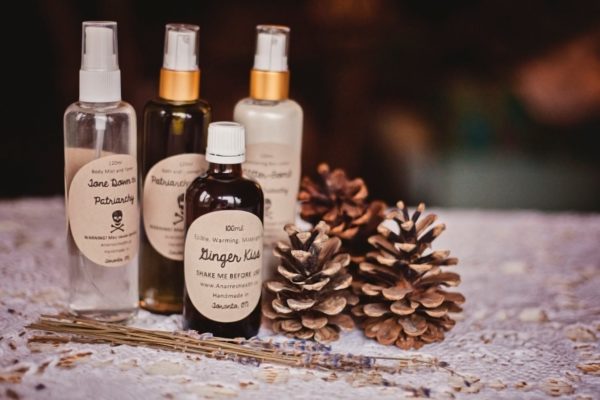
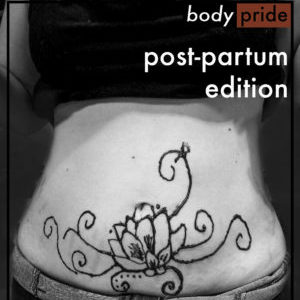
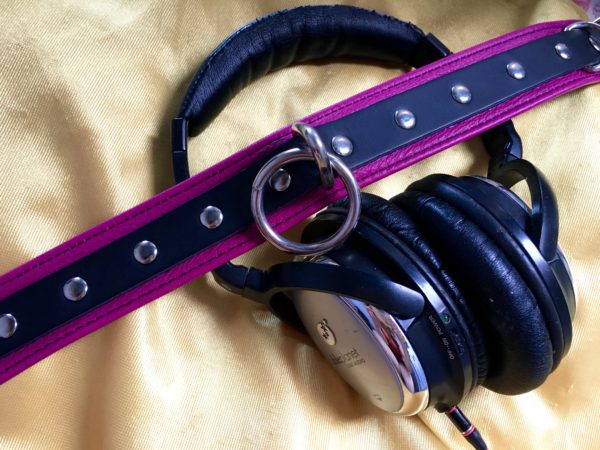
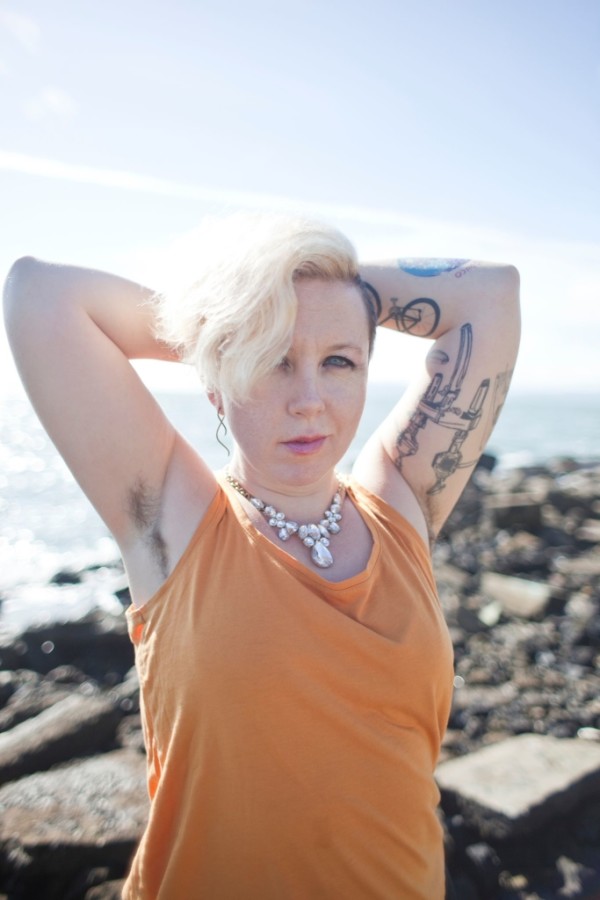 I’m finding, increasingly, that my media consumption habits are based less around “What is this piece of media and what value will it add to my life?” and more around “Who created this piece of media and how much do I trust them?”
I’m finding, increasingly, that my media consumption habits are based less around “What is this piece of media and what value will it add to my life?” and more around “Who created this piece of media and how much do I trust them?”